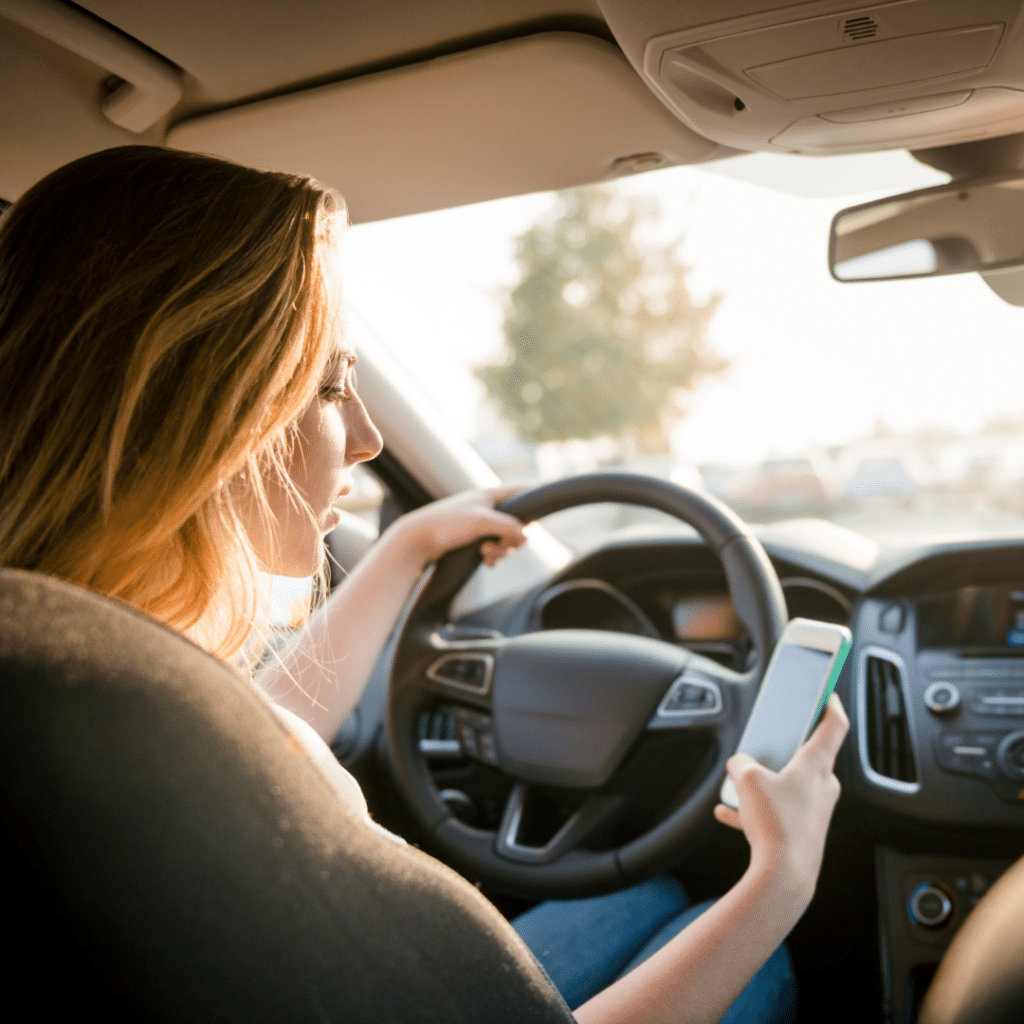Children standing with their parents waiting for the bus on the first day of school is a familiar scene throughout America. As the children get older, a different first day of school scene occurs as parents hand over car keys to their teenagers, who are driving to school for the first time.
The freedom a driver’s license gives a teenager comes with significant responsibilities. The Centers for Disease Control and Prevention report that compared to drivers in other age groups, teens ages 16 through 19 have the highest rate of car accidents. Motor vehicle crashes are the leading cause of teen deaths in this country, according to the CDC.
Florida has more than 456,754 licensed teenage drivers. Keeping them safe takes a team effort with parents, teens, and state government working together to make roads in the Sunshine State safe for everyone.
This guide, brought to you by KFB Law, the Tampa car accident attorneys, explains Florida licensing and other laws focusing on young motorists. It also gives safety tips for parents to discuss with their teenage drivers before giving them the keys. Teamwork could make this a safer school year for newly licensed young drivers.
Graduated licensing laws for young motorists
The data from the CDC about the rate of car accidents involving teen drivers proves that young people lack the skills, maturity, and experience of adult motorists. Graduated driver licensing in Florida addresses the differences between adult and teen drivers.
The goal is not to punish someone for being young. Instead, graduated licensing seeks to let teen drivers experience some of the freedom that comes with a license. It does this while limiting some risks to keep them safe as they develop into experienced drivers. The goal is accomplished by having multiple ages of licenses for drivers younger than age 18:
- Learner’s license
- Driver license age 16
- Driver license age 17
In Florida, teens must be at least 15 to obtain a learner’s license. The requirements for this license include parental consent.
All drivers under 18 must have a signed and notarized parental consent form. State law gives a parent who signs the consent form the right to take it back at any time. If that happens, the license of a driver under 18 will be canceled. The ability of a parent to withdraw consent and cause the state to revoke a learner’s license is a reminder that driving is a privilege.
A 15-year-old with a learner’s license must be accompanied by a licensed driver who is at least 21 when driving. The teen driver is permitted to drive only during daylight hours for the first three months after the license is issued. After the first three months, the learner’s license allows the teen to drive until 10 p.m.
Drivers must hold a learner’s license for at least 12 months or until they turn 18. They require a minimum of 50 hours of driving with a licensed driver who is at least 21. At least 10 of the 50 hours must be nighttime driving.
If you meet the requirements to graduate from a learner’s license to a driver’s license at age 16, you can only drive when supervised by a driver at least 21. This is always the case unless you are traveling to or from work. You cannot drive at night between 11 p.m. and 6 a.m.
If you graduate to a driver’s license at age 17, you cannot drive between 1 a.m. and 5 a.m. You must be accompanied by a licensed driver who is at least 21, unless to and from work.
Driving is a privilege
There are ways other than a parent revoking consent for teens younger than 18 to lose their driving privileges:
- Six or more points within 12 months: Traffic violations may add points to your driving record, and six or more points within one year cause the state to restrict teens from driving for business purposes only.
- Drinking, driving, and zero tolerance: Drivers younger than 21 caught driving with a blood alcohol concentration of 0.02 or greater are subject to a six-month license suspension for a first offense. Refusing to be tested to measure your alcohol level is a one-year suspension for a first offense.
- Moving violation with a learner’s license: Conviction of a traffic violation with a learner’s license extends the one-year minimum time before you can get a driver’s license to one year from the conviction date.
Teen drivers under 18 will lose their driving privileges for at least 30 days if convicted of possessing tobacco. School absences could also result in losing driving privileges until you produce proof of attendance for at least 30 consecutive days. Neither tobacco nor school attendance apply after a teen reaches 18.
Safety tips for teen drivers
The CDC identified the behaviors engaged in by teen drivers that cause accidents. The following safety tips address those behaviors by explaining how to avoid them:
- Be alert and don’t drive distracted: Distracted driving is a leading cause of car accidents among drivers of all ages in the United States. Adjusting the radio, texting or talking on a cell phone, or even conversing with a passenger are distractions that interfere with your ability to control the vehicle and keep a watch out for other vehicles or hazards.
- Obey the traffic laws: Speeding, ignoring stop signs and traffic lights, tailgating, and other violations of state traffic laws cause accidents and can result in fines, points on your license, and other penalties.
- Don’t drive when impaired: People usually think of alcohol as the cause of driver impairment, but drugs, including medications prescribed by your doctor, may cause impairment. If you feel impaired, don’t drive—call your parents, a friend, or a ride-share service.
- Driving while drowsy can be as dangerous as driving while impaired: If you feel tired or drowsy when driving, find someplace safe to pull off the road. Let someone else drive for a while or nap before continuing your trip.
- Everyone in the car should use seatbelts: A properly fastened seatbelt and shoulder harness keep you from being thrown from a vehicle or tossed around inside. Seatbelts do save lives.
Parents can help by setting a good example for teen drivers in their households. Follow these safety tips when behind the wheel.
Get help from a Tampa personal injury lawyer
If you’re injured in a car accident, trust the exceptional team of car accident lawyers at KFB Law. We will aggressively fight for the compensation you deserve. Contact KFB Law to learn more during a free consultation.



